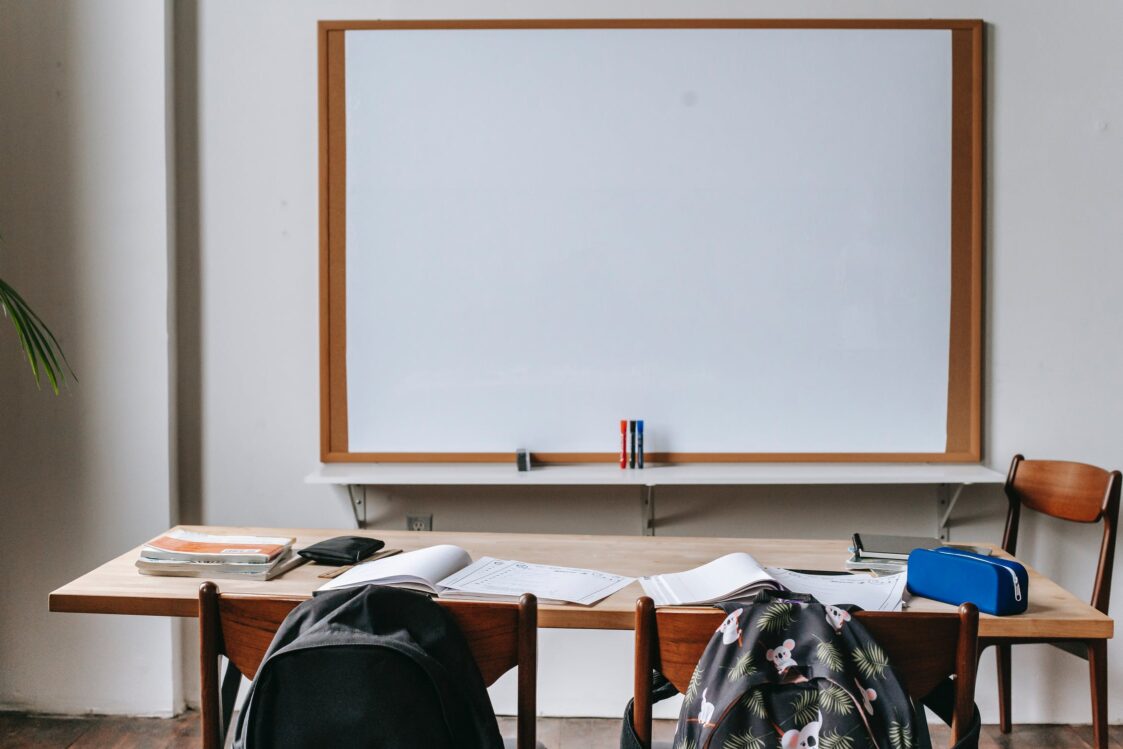The best private schools are pioneering changes in secondary education in general. Their innovations improve the quality of education and then enter the practice of public schools.
The best private schools, along with some of the public schools that work according to the author’s methodology, have increased the innovativeness of the secondary school as an institution. Such practices include, for example, individualized approaches to students, part-time forms of education-distance learning and externships, work in mobile groups based on students’ backgrounds and interests, subject teachers’ work with elementary school students, and more.
Student-centered learning
Individual training with high results, a wider range of subjects (including, for example, dancing and equestrian sports), the active work of psychologists, the existence of part-time educational forms – these are only some of the requirements that customers, wealthy families, are making to the newly established private schools. And non-state educational institutions, by definition client-oriented, are trying to respond to these demands. The schools that really put the interests of the student and the quality of learning first tended to be at the forefront of school-wide change.
Other components of the success of private schools, according to experts, are constant work with student motivation, including abundant project work, and support for the bright initiatives of teachers, children, and parents. And just “declarations of intentions” are not enough here. Private schools “need real change in educational policy, as it largely determines its competitiveness in the market of educational services.
The best public and private schools adapted the educational process not to the norm, but to its bearer – the student. The common feature between state educational institutions and advanced private schools is, first of all, “recognition of the student’s subjectivity and strengthening of the variability of the educational process. In this sense, the author’s public and private schools “act as search mechanisms, testing different ways of education in culture.
Early subject instruction allows for more knowledge
The practice of teaching children in elementary schools by a single teacher is based on the postulate that it is difficult for young students to adjust to a large number of teachers who have different demands on them. Behind this postulate, however, are other difficulties: the need for teachers to agree among themselves on how they will teach children together.
To solve these problems, private schools create chairs and study groups. This allows each teacher to gain a perspective on the subject matter being taught and to address issues that are meaningful to the student as a team with other educators. For example, teachers are encouraged to specialize in one subject.
Individualized instruction is convenient for children and teachers alike
The need for an individualized approach is often talked about by teachers and public school administrators. However, as a rule, the “mass” school struggles with such a task. Many private schools rely on the notion that different students should be taught differently. In this system, important subjects like English, math, and reading are taught to students individually or in small groups.
Individualized curricula also help to address student absences (due to parental travel, for example). To fill gaps in knowledge, private schools organize part-time form of education – externship and distance learning. And here it is possible and additional classes and summer schools.
The system of individual teaching has clear bonuses both for the school administration, which has to solve the problem of “staff rejuvenation,” and for the teachers themselves. For example, it is possible to take some of the burden off of older teachers and provide them with more comfortable working conditions – for example, remotely, from home.
The targeted approach and subject-based learning at the elementary school are the embodiment of the idea of an adaptive school, which today is embedded in the state educational standards and must be implemented through the basic educational program of each school.
Assuming that everyone can learn successfully, private schools actively introduce teaching in the flow – in groups of variable composition, depending on knowledge and interests. Thus, school subjects are studied both in class and in mobile groups.
